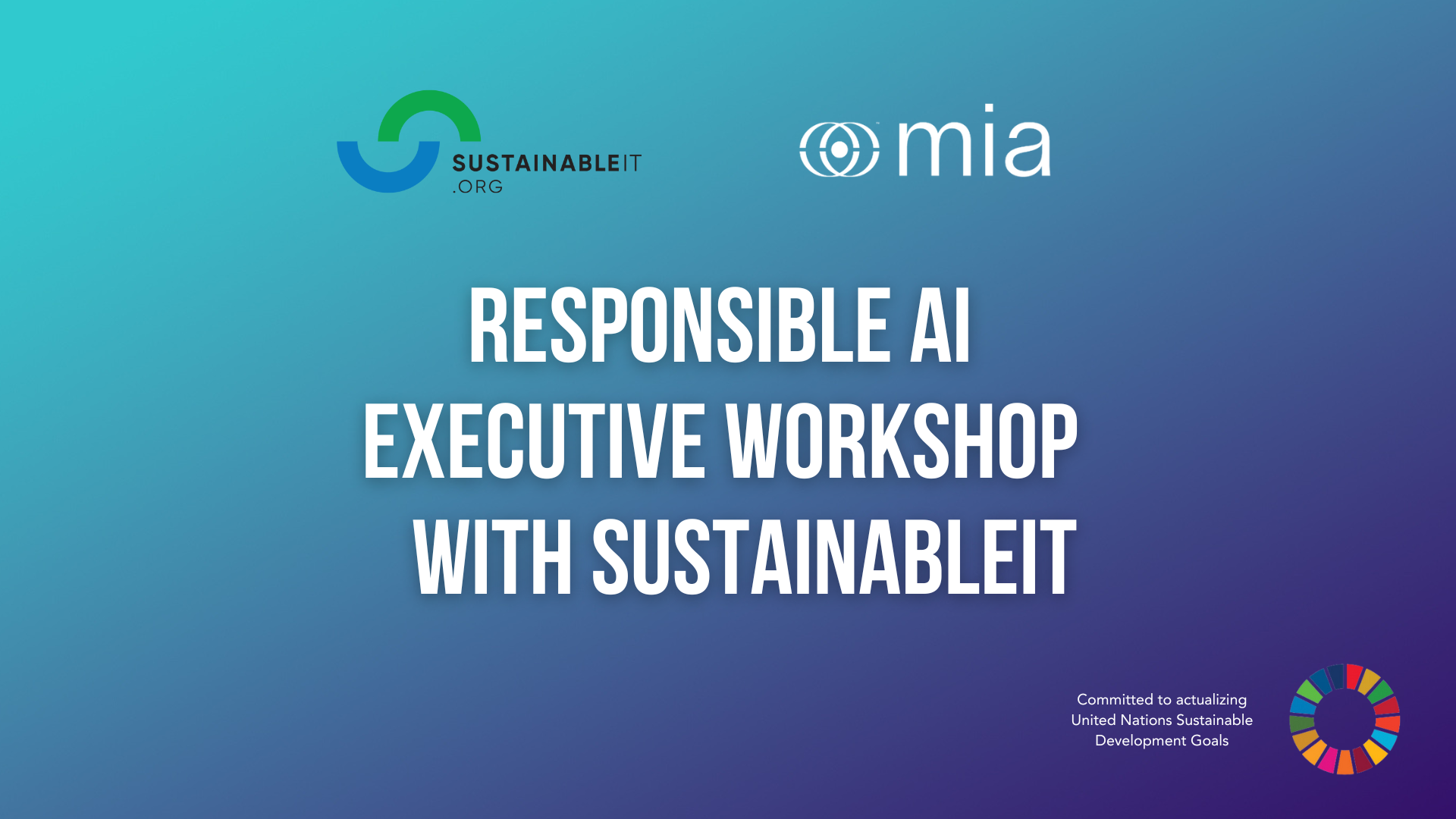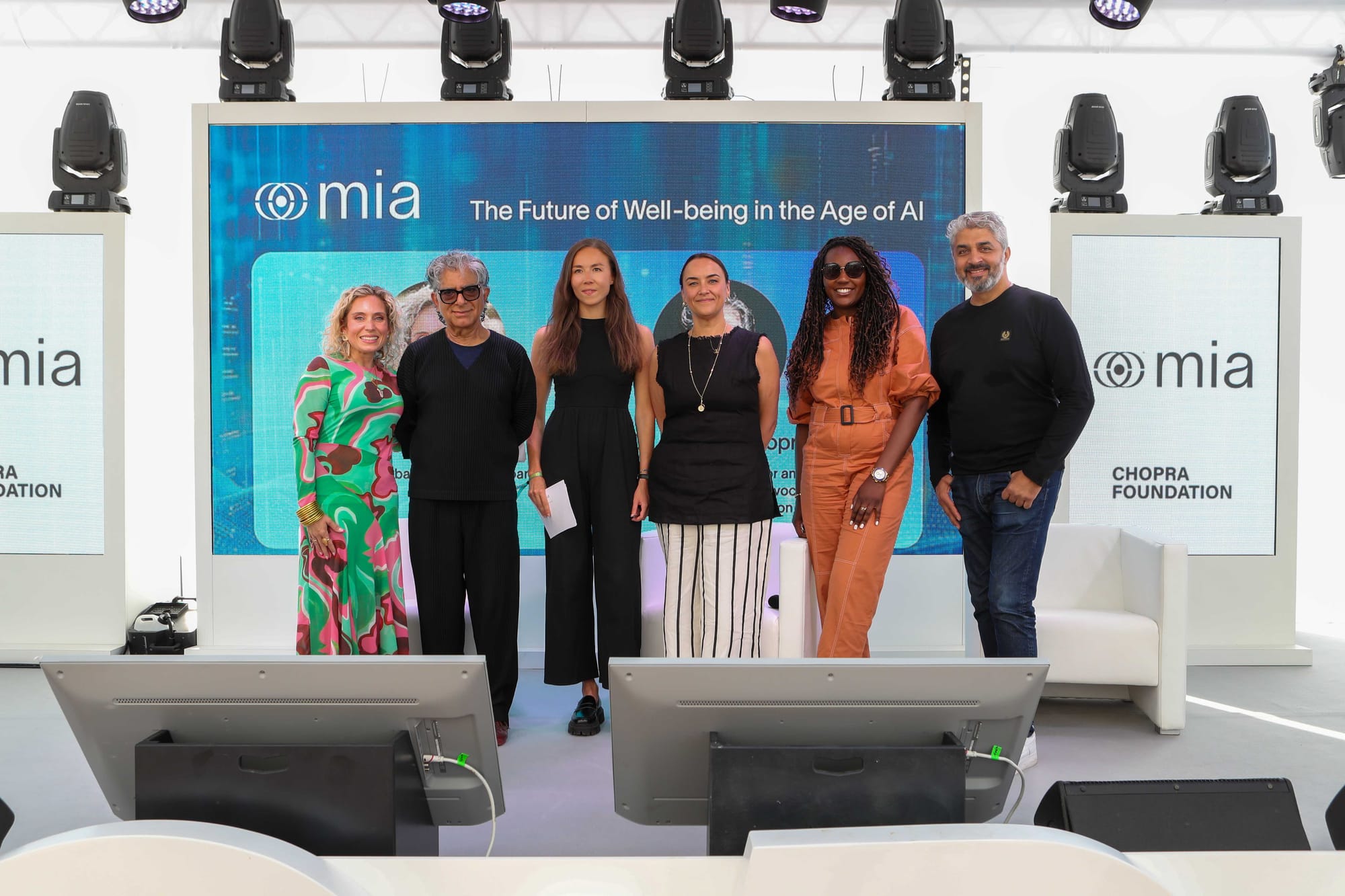This summit touched upon powerful ideas that are shaping the future of the Metaverse and VR, from the social aspect of gaming to mixed-reality technologies.
Companies entering the metaverse are paving a path for representation and inclusion in an uncharted “meta territory”. As we prepare for the era of Web 3.0, it is essential that the idea of Metaverse is crafted as a solution for existing problems in the physical world. This happens by reflecting upon the population and its demands, and ensuring inclusivity is the starting point and not an afterthought of the metaverse.
Here are some insights from the ‘GamesBeat Summit: Into the Metaverse 2’ by VentureBeat from January 26-27, 2022, that show how experts view and prioritize inclusivity in the metaverse.
1. Finding Your Place in the Metaverse
Experts in discussion —
- Benjamin Charbit, Co-Founder of Darewise Entertainment
- Dean Takahashi, Lead Writer at GamesBeat
This panel shed light on MMOs, AI, role-playing, game-playing, enhanced gaming experience, and supporting diverse communities in the Metaverse, making it more dynamic.
The metaverse has brought forth some important questions, like 'What is the future of MMO(Massively Multiplayer Online) universes?'
Charbit spoke about the need to build a society in the metaverse— just like people doing primary, secondary and tertiary jobs in different sectors in the real world. He remarked that our roles in the virtual world will begin to look a lot more like the ones we have in the real world.
“When you start dreaming of the opportunity to build a virtual society, you realize that there can’t be a society if there’s only one archetype of a citizen. You need to be able to foster all forms of citizenship,” Charbit said.
He also stated that the gaming industry was working on using AI to improve gaming experiences, to help make the world more dynamic. When asked about roleplaying and escapism, he said, “the aim is to keep the experience open enough, so you can craft your digital identity as you like”.
“We are creating a backstory and allure that can totally support the connection with so many different other universes, whether they are other games or brands,” he said.
2. Building Socially-Focused Virtual Worlds
Experts in discussion —
- Matthew Ball, managing partner at EpyllionCo
- Anna Sweet, CEO, Bad Robot Games
- Tanya Watson, President, Bad Robot Games
Ball began the panel discussion by talking about reforms in the gaming industry, along with staffing the skillset and the composition of Bad Robot Games, which makes them stand apart from other gaming industries.
“The most strategic bet is to build a team that is representative of gamers,” said Sweet.
“The other key piece is not just the skill sets…but also the backgrounds of the people building the games telling the stories, which is the only way to authentically do that,” added Watson.
“Diversity and inclusion are one of the most important aspects of our business, and we’re working hard to build such a different kind of team that spends time thinking about telling stories.”
Sweet stated that technology-wise, they would continue to invest in VR and be a part of it as it grows. When asked about the importance of VR today, Sweet stated, “Technology-wise we continue to invest in VR and continue to be a part of it as it grows.
She said, “The best possible experiences of VR come straight from game making. We are not exclusively focused on PCs, consoles, or any particular platform. We pick the platform that best tells a story of a universe. We definitely have some stories that would be amazing in VR, and we are continuously working on them.”
Watson also talked about the controversies in game design right now. “One of the most controversial things that our industries are working on right now are NFT’s and blockchain. What’s interesting is that most people want to invest money in something they spend a lot of time on… but are afraid to invest money in one particular space so that they know for sure that it's going to exist forever, and that’s the beauty of tokenizing something and putting it into the blockchain."
She closed off that although the best way to do this hasn't been figured out yet, it is something that's growing and changing, and that she is curious to see where it all goes.
3. Inclusion of New Voices in the Gaming Metaverse– Why Listening and Communication Matter
Experts in discussion-
- Rick Fox, chief business development officer, HiDef
- Jace Hall, CCO, HiDef
- N’Gai Croal, Hit Detection
Croal began the discussion by emphasizing that building the metaverse is two-way communication.
“The metaverse is no longer a one-way street, (where) we make something and you consume it,” said Hall.
“Today’s consumers are no longer just consuming, they are interacting and demanding a seat at the table in the creation of and the maintenance of their social channels in the amplification of products to another level,” added Fox. He said that although we can target consumers with ads, they won’t buy unless there is significant trust and authenticity, which, in a lot of ways, means inclusion.
Fox and Hall spoke about diversity in the teams and companies in the metaverse. “We as a company are diverse in many ways, be it our backgrounds, experiences, ethnicities, races, sexes, it doesn’t matter,” said Fox. “Our organization is built on viewpoints and voices. We are proud of it. We have a hand in the shaping of the Metaverse going forward.”
“Many company's visions of the metaverse concept tend to lean towards avatar-based experiences…that lead to diversity,” added Hall.
“When you meet an avatar, you are not just meeting a consciousness, but you’re meeting them as a person, and it helps bring down biases, judgments, it helps people communicate genuinely….so I think Metaverse is tough and high-depth vision is inclusive in such an interactive world.”
The panelists focused greatly on inclusivity and diversity in the metaverse through avatars. They pointed out that even if one particular issue matters more to some than others, that doesn't make it less valuable in society.
“When we look at avatars, representation is really important- the entire spectrum of body types, etc,” added Hall. “The message coming back is very clear. It’s a cascading effect when you are not representing any particular aspect of society. It’s not just the visual part of it, there are other parts too. We are doing our homework there.”
4. Entering a User-Led, Reality-Based Metaverse
Expert in the talk-
- Urho Konttori, Co-founder & CTO, Varjo
Konttori spoke about how the key aspect of Varjo is that the devices offer advanced human eye resolution and eye-tracking. The mixed reality is based on high resolution, high frame rate, and low-latency video see-through cameras that digitize the world. With lidar and virtual reality content facilitating more intractability, there is a parity between what is real and what is virtual, making it indistinguishable.
Varjo has also been working on extremely cool technologies for the Metaverse.
One is Varjo Reality Cloud-enabling infinite compute for the endpoint of the metaverse. And the second is Varjo Teleport- traveling without moving, enabling users to have their presence anywhere in the world, making the experience expandable with the rest of the metaverse, all in real-time.
Varjo acts as a turn-key solution that allows users with different skill levels to be brought into an immersive environment to collaborate through VRED sessions, and easily invite key decision-makers to join, making immersive workflows more efficient than ever.
It can be seen as a great step forward in bringing scalable, true-to-life VR experiences to professionals across industries.
Konttori states that mixed reality technology is already bridging the physical world with the unlimited flexibility of the virtual world, and the future of the metaverse should be user-led, not controlled by tech giants.
For virtual domains to be authentically inclusive, tech companies should come up with tools and technologies the users need, in order to feel represented. This provision isn’t just about creating diverse-looking avatars, but also addressing people’s physical challenges.
It’s impossible for anyone to fully grasp the struggles, priorities, or aspirations of others — so it’s our job to listen and provide the best solutions possible as we lay the metaverse’s foundations.
Because the metaverse is a testimony about the world as we’d like it to be. And someday, these expectations will turn into reality.
Mission Impact is building the Future of Leadership in Web3! To learn more and join our movement, please visit our website and LinkedIn.
Stay connected and sign up for our newsletter to receive the latest news, events, and stories from us!






You may also like to read
AI In Action Week 2 Session 4: From Automation to Innovation
Mar 26, 2024
AI In Action Week 2 Session 3: My Day with AI
Mar 26, 2024
Mia’s 2023 Global Impact Recap
Jan 05, 2024